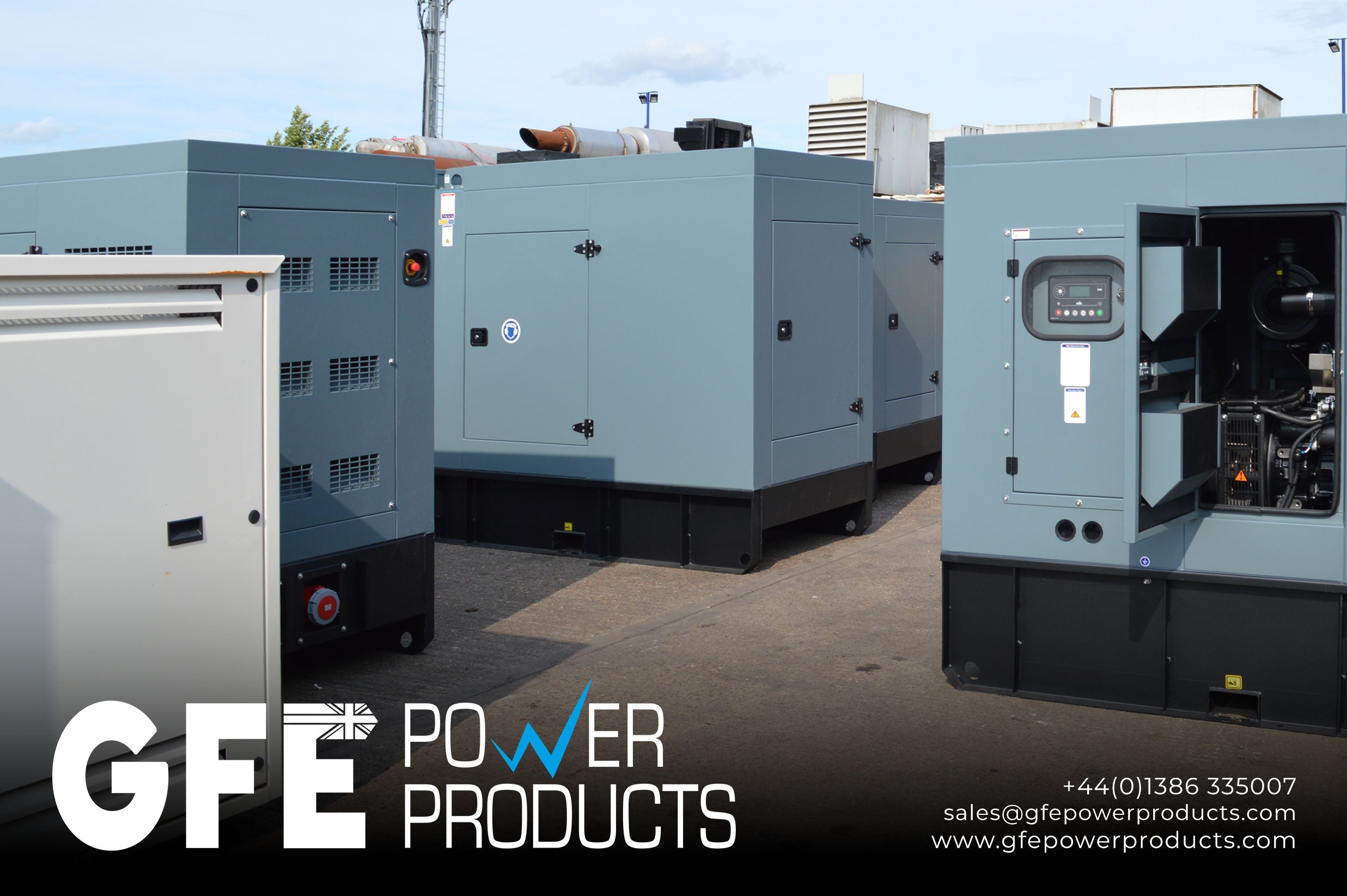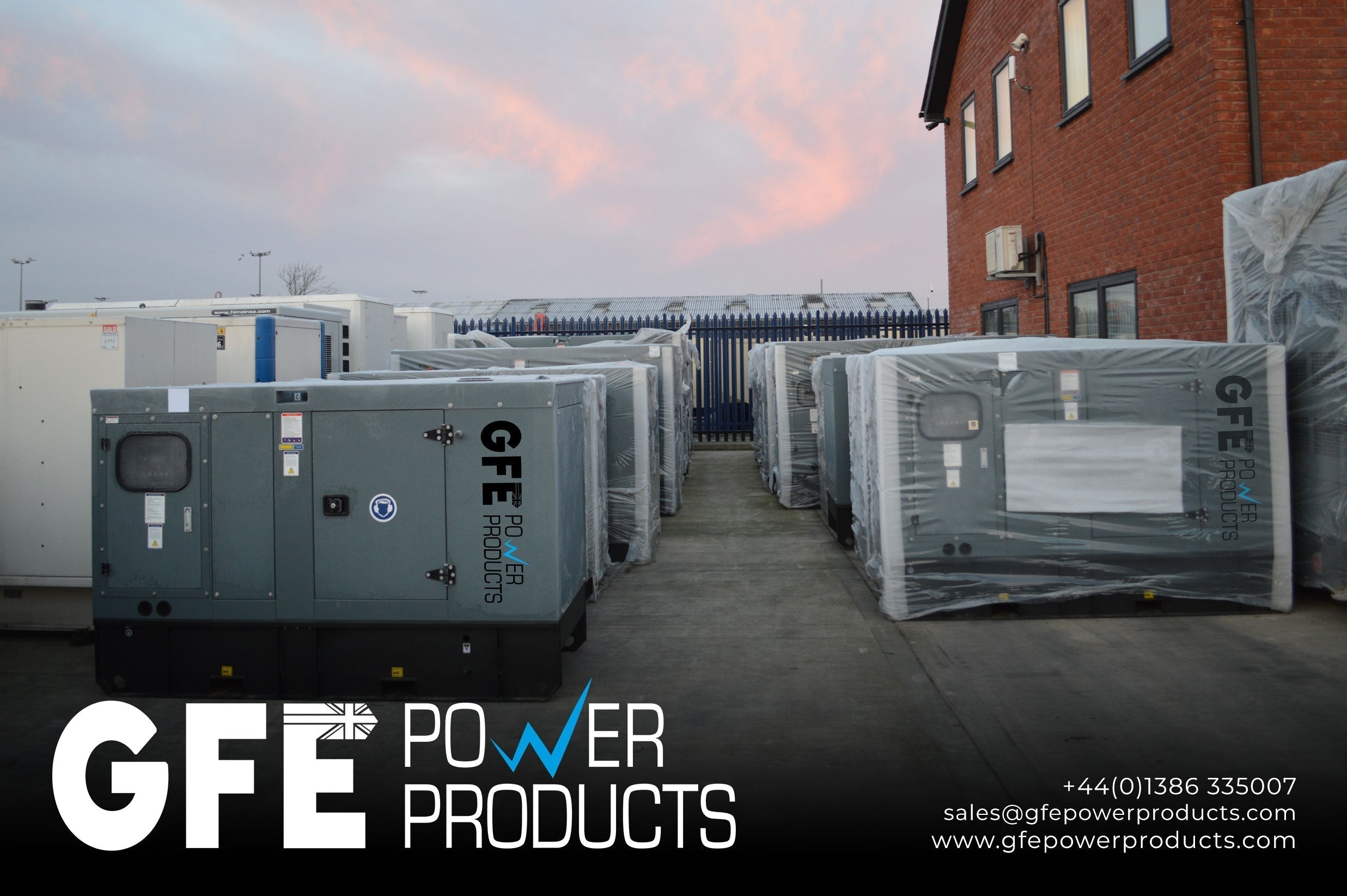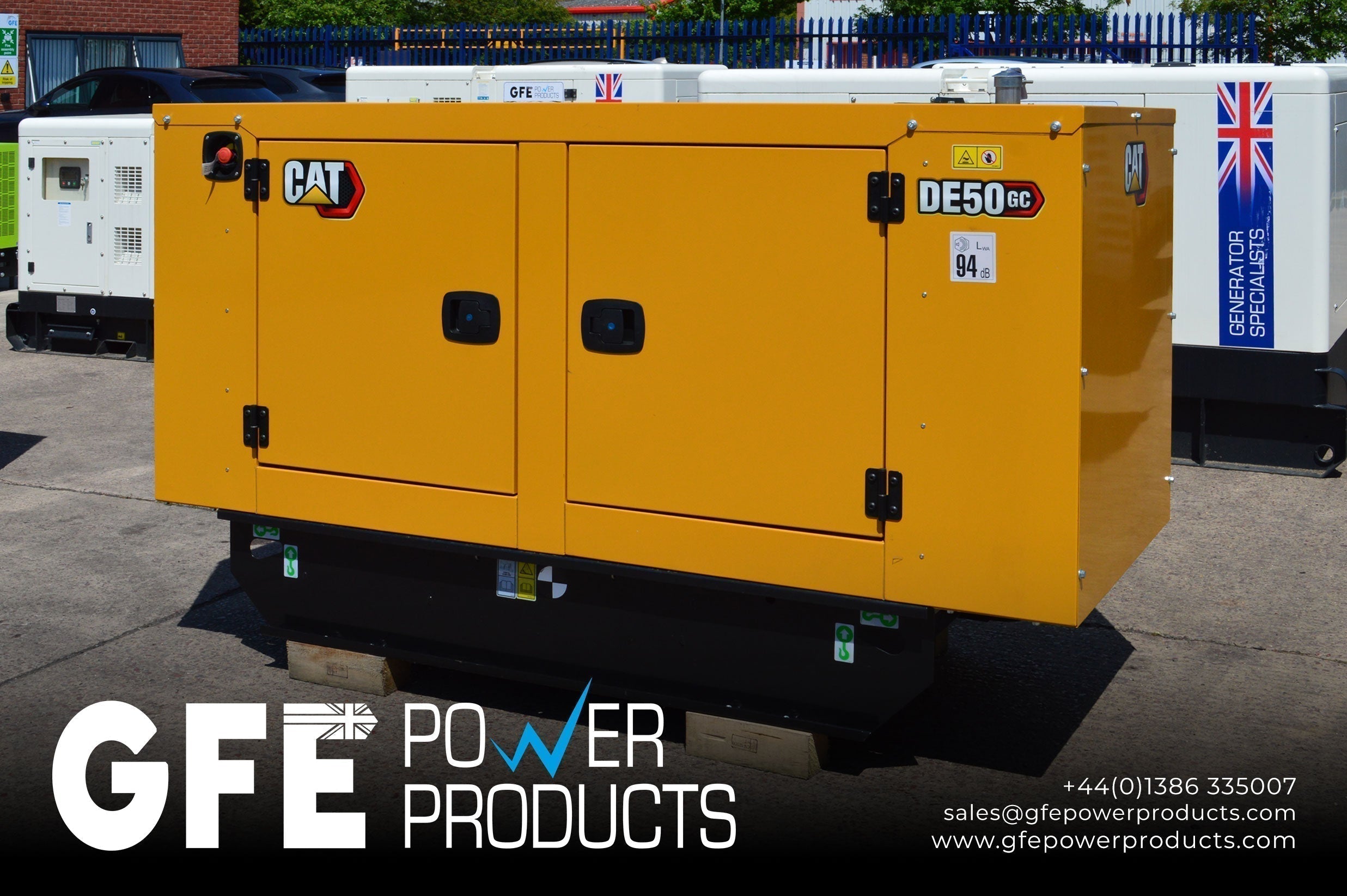
Generator Installation: Why You Should Rely on Professionals
Why Professional Installation is Essential for Your New Diesel Generator
Installing a diesel generator is a major investment, and ensuring it's done right from the start is crucial for getting the most out of your new power solution. Whether you’re looking to secure a reliable power source for your home or ensure continuous operations for your business, professional generator installation is essential. But why should you trust professionals over DIY methods or cheaper alternatives?
The Importance of Professional Generator Installation
Generator installation is much more than just setting the unit in place and plugging it in. The installation process involves detailed planning, technical expertise, and a thorough understanding of safety protocols and legal requirements. A professional generator installation ensures that your unit operates efficiently, safely, and reliably for years to come.
Expertise and Experience
Generator installation requires specialised knowledge and experience. A professional installer will ensure everything is done right, so your generator functions at its best. Here's why their expertise matters:
- Proper Sizing: Professionals know exactly how to size your generator according to your specific power needs, preventing you from either overpaying for a unit that's too large or dealing with a generator that’s underpowered for your requirements.
- Site Evaluation: They will carefully assess your site to determine the best location for your generator, considering ventilation, access, and safety.
- Technical Skill: From wiring and fuel connections to setting up power transfer switches, professional installers have the technical know-how to handle complex electrical and fuel systems.
Safety First
Safety is the top priority during any generator installation. When installed incorrectly, a generator can pose significant risks, including electrical hazards, fire risks, and carbon monoxide build-up. Here's how professionals ensure safety:
- Fire Safety: Proper placement and ventilation ensure your generator doesn’t become a fire hazard. Professionals follow all safety codes, such as keeping a safe distance from combustible materials and ensuring the generator’s exhaust system is working efficiently.
- Electrical Safety: Incorrect wiring can lead to short circuits, electrical fires, or even electrocution. Professional installers adhere to safety protocols, ensuring all connections are secure and up to code.
- Carbon Monoxide and Ventilation: Diesel generators release harmful gases, and poor ventilation can lead to dangerous carbon monoxide accumulation. Professionals ensure your generator is placed in a well-ventilated area, reducing these risks.
Maximising Generator Health
A professional installation doesn't just ensure your generator is safe to use—it also ensures it’s set up for long-term success. The installation process has a big impact on how well the generator will perform over time. Here’s why:
- Long-Term Efficiency: Professional installers take steps to make sure your generator is running at its peak performance, which can help prevent unnecessary wear and tear.
- Preventing Damage: Proper setup, including load testing and voltage regulation, minimises the risk of damaging internal components.
- Maintenance Tips: Professional installers often provide guidance on ongoing maintenance, ensuring that your generator continues to run smoothly throughout its lifespan.
Legal Compliance
Many regions have strict codes and regulations governing the installation of diesel generators. Professional installers are familiar with local laws and will ensure your installation complies with all relevant regulations. Here’s what they handle for you:
- Zoning and Noise Regulations: Ensuring your generator’s location complies with local zoning laws and that noise levels are within acceptable limits.
- Building Codes: Professional installers are up-to-date on electrical and safety codes, ensuring that all wiring, connections, and placements are compliant with the law.
- Environmental Regulations: If your generator produces emissions, professionals ensure that it meets any environmental standards in your area.
Saving Time and Money
While a DIY installation might seem like an opportunity to cut costs, it can actually lead to more problems down the line. Here's how professional installation can save you both time and money:
- Preventing Costly Mistakes: Attempting to install your generator yourself can lead to mistakes that may require costly repairs or rework. Professional installers get it right the first time, preventing expensive setbacks.
- Faster Installation: Professionals can complete the installation much faster than someone without the necessary expertise, reducing downtime for your business or home.
- Ensuring Warranty Validity: Many generator warranties require professional installation to remain valid. By hiring professionals, you ensure your warranty stays intact, protecting you from future repair costs.
What’s Involved in Professional Generator Installation?
The installation process is comprehensive, and professionals make sure every detail is handled with care. Here’s what you can expect:
Site Survey and Preparation
Before installation begins, a thorough site survey is conducted to determine the best location for your generator. Several key factors are evaluated:
- Accessibility: The site must allow easy access for maintenance and operation.
- Ventilation: Ensuring proper airflow to prevent overheating and gas build-up.
- Clearance: The area around the generator must have enough clearance to allow for safe operation.
Once the site is evaluated, the professional installer will prepare the area, ensuring it's suitable for generator installation.
Generator Positioning and Mounting
Once the site is ready, the generator is carefully placed and mounted. This step is crucial to avoid vibrations that can damage the unit or nearby structures over time. Proper placement ensures:
- Stability: The generator is securely mounted to prevent movement and vibrations.
- Optimal Performance: Positioning the generator in a way that allows for proper airflow and access to maintenance points.
Electrical and Fuel Connections
This step involves setting up the generator’s power and fuel connections. A professional installer will handle all of the following:
- Electrical Wiring: Ensuring the generator is connected to your home or business electrical system, including installing a transfer switch for seamless switching between the grid and backup power.
- Fuel Line Connections: Ensuring the generator is safely connected to the fuel source with secure, leak-free lines.
- Battery Setup: Installing a battery for automatic start functionality, ensuring your generator kicks in as needed.
Testing and Calibration
Once everything is in place, the generator undergoes rigorous testing to ensure everything is functioning correctly. The professional installer will:
- Test Load Capacity: Ensuring the generator can handle the required load efficiently.
- Voltage Regulation: Verifying that the generator produces the correct voltage and is stable under load.
- Operational Check: Ensuring that all features, including the automatic start and shut-off systems, are functioning correctly.
Conclusion: Trust the Professionals for Reliable Generator Installation
When it comes to generator installation, choosing to rely on professionals isn’t just about convenience—it’s about ensuring the safety, efficiency, and longevity of your investment. A professional installation not only protects your generator from damage but also ensures compliance with safety standards, all while saving you time and money in the long run.
If you're in need of a new generator or installation services, GFE Power Products offers expert installation, via our global network of dealers, to ensure your new generator is set up to perform flawlessly. Contact us today to schedule a consultation, or get a quote for installation services.
Phone: +44 (0)1386 335007
Email: sales@gfepowerproducts.com



